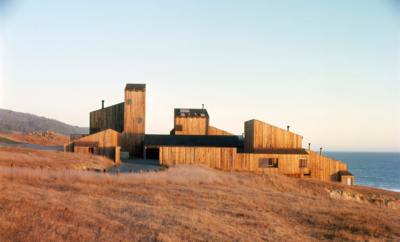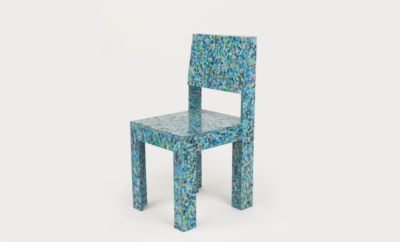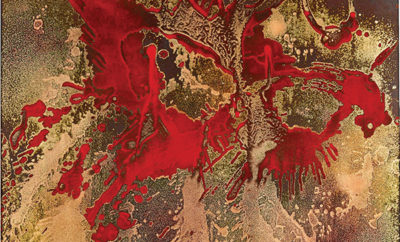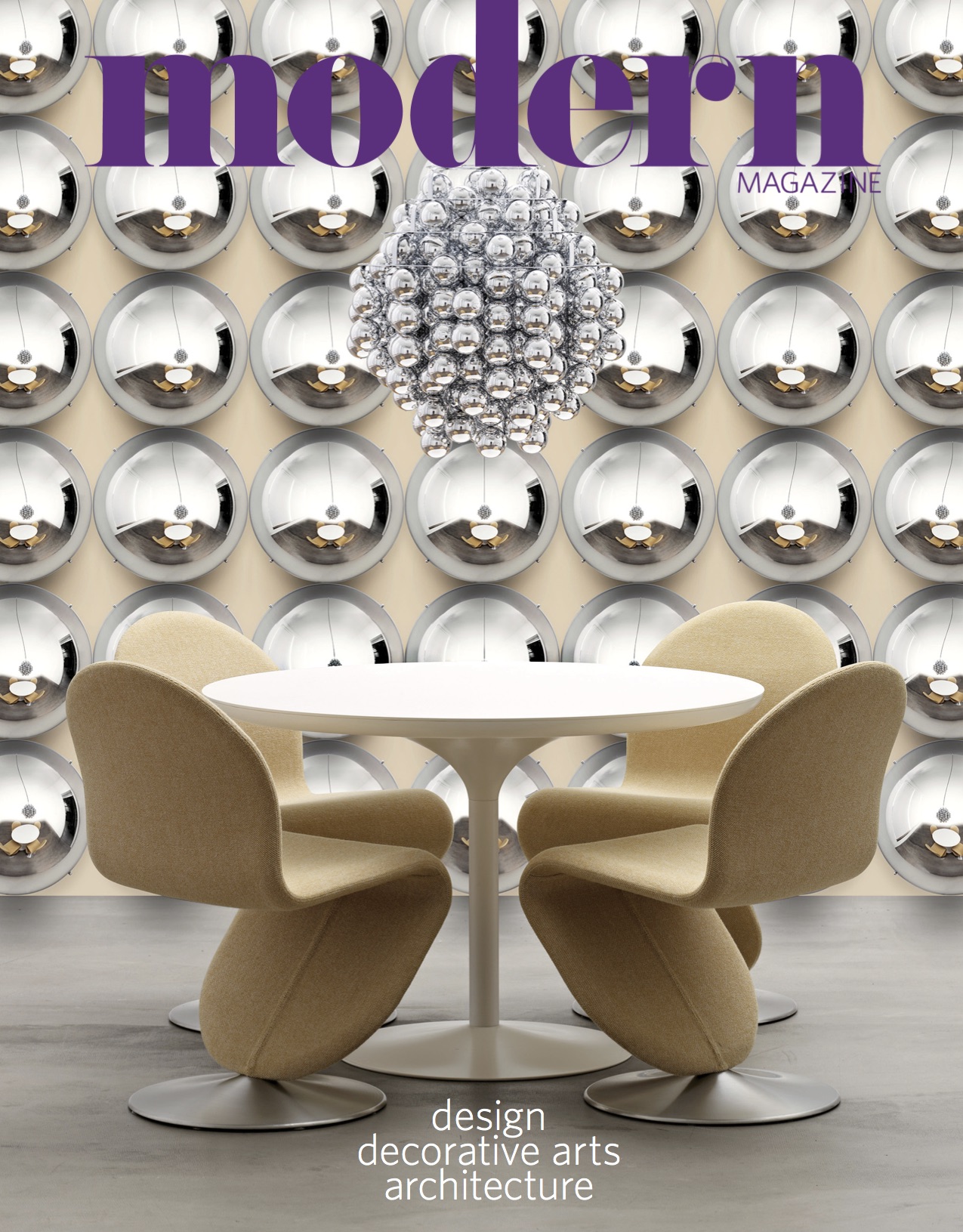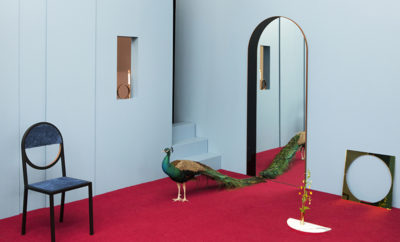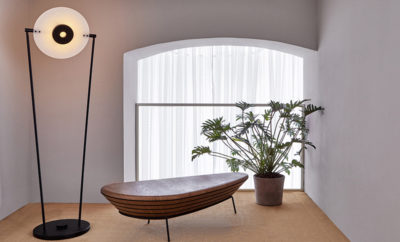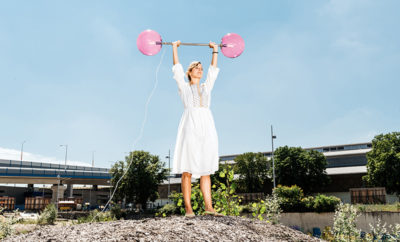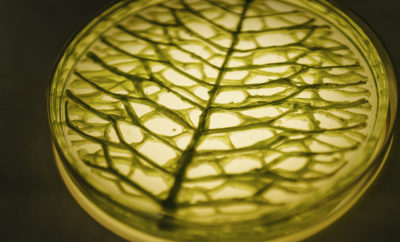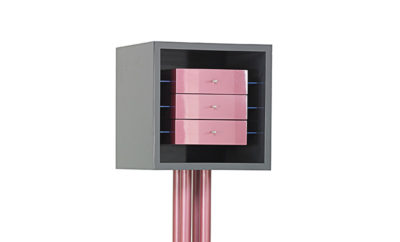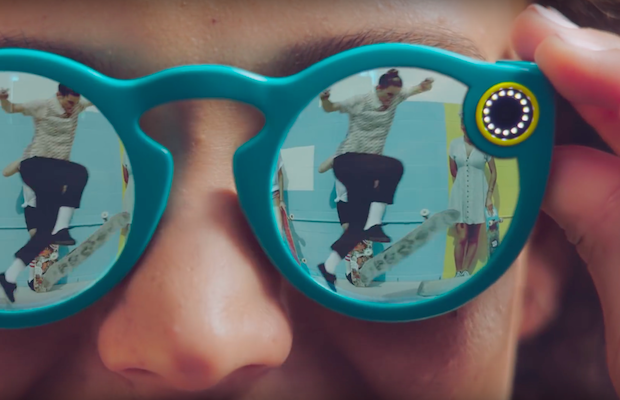 Snap Inc., Los Angeles
Snap Inc., Los Angeles
Exhibition
A Golden State of Innovation
THE DESIGN MUSEUM IN LONDON’S latest show surfs the vibes of California’s creative culture, cruising from San Francisco to Los Angeles and Disneyland to Silicon Valley by skateboard and self-driving car, and ranging from designer drugs to designer software. It’s like a road movie, a multi-dimensional trip through space, time, and various iterations of virtual reality. California: Designing Freedom, running through October 15, charts a passage from counterculture to tech culture, marking the route with more than two hundred objects, from political posters to personal computers.
“California, which has produced so much of the technology that defines our contemporary lives, is not often thought about as one of the leading centers of design,” says writer and designer Brendan McGetrick, co-curator of the show. “Design has become much more technology-influenced, much less focused on material things, much more about digital interfaces and the kind of experiences we have.” In California, he notes, design is applied “to empower the individual and create tools of personal liberation.” To that end, Designing Freedom is organized thematically with titles that recall the Mamas and the Papas’ 1965 song “Go Where You Wanna Go.”
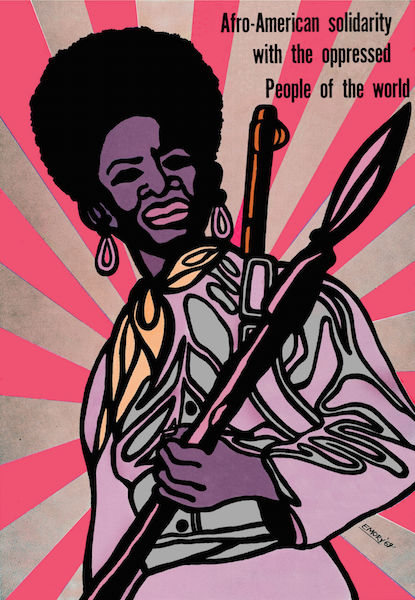
Oakland Museum of California
“Go Where You Want: Tools of Movement and Escape” focuses on mobility, displaying a Google/Waymo self-driving car prototype, the first consumer GPS device, and a replica of the Captain America chopper from Easy Rider. “See What You Want: Tools of Perception and Fantasy” is a visual “California Dreamin’” with objects including LSD blotting paper and video game graphics. The edgier and more political “Say What You Want: Tools of Self-Expression and Rebellion” includes posters from the militant Black Panthers by Emory Douglas. “Make What You Want: Tools of Production and Self-Reliance” chronicles the democratization of technology, from the Whole Earth Catalog to the Apple PC to a home kit for genetic engineering. “Join Who You Want: Tools of Collaboration and Community” explores the social side of California, from hippie communes to Facebook.
The repeated reference to tools offers a clue to the show’s spiritual provenance—the Whole Earth Catalog, the bible of the California alternative counterculture. Created and edited by Stanford-educated polymath Stewart Brand in the late 1960s and 1970s, it brandished “Access to Tools” as its slogan. “It was an extremely important publication,” McGetrick says. “It repositioned technologies associated with the military and the corporate world—computers being the clearest example—as tools of personal liberation and personal empowerment. In the late ‘60s and early ‘70s that was a very radical idea.”
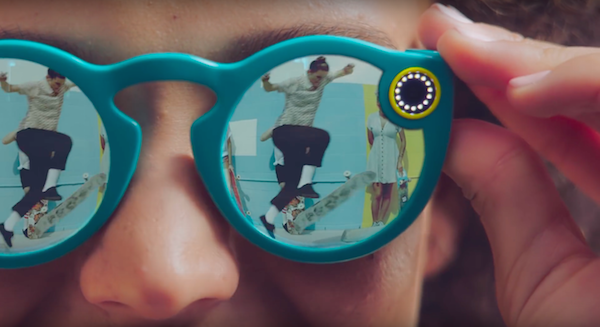
Snap Inc., Los Angeles
Other pioneering figures include three women—Sister Mary Corita Kent, Sheila Levrant de Bretteville, and Susan Kare—who blazed a feminist trail into the predominantly macho California cultural world. Kent, a practicing nun, was an artist who created politically charged pop art from the 1960s through the early 1980s. De Bretteville, now a member of the Yale faculty, is a feminist artist and designer who created the highly influential Woman’s Building in Los Angeles, an educational and creative center for women. Kare designed some of the original icons for the Apple Macintosh, including, says McGetrick, “the pair of scissors that suggest cut and paste and the pointing finger cursor,” thus offering universal access to complicated computer commands.
“What we’ve tried to do is to show the defining features of California as a place,” McGetrick adds. “It’s a mix of material things and immaterial experiences. One of the things we are trying to express is not just that the thing exists but the effect it has, the way that a certain product has changed behaviors—like the way Google Maps has changed the way we understand our cities. We are not showing objects as masterpieces. Some are beautiful, some are not, but they are extremely important in terms of getting us to where we are.”


